United Kingdom

Country Spotlight
The UK is recognized as one of the five nuclear weapon states under the Nuclear Nonproliferation Treaty. It currently possesses four ballistic missile submarines and has maintained a continuous deployment of nuclear weapons at sea since 1969. The UK abandoned its chemical and biological weapons programs in the 1950s.
See the UK's performance in
Region Europe and Eurasia
225 Nuclear warheads
40 Maximum nuclear warheads per ballistic missile submarine
45 Nuclear weapons tests, most recently in 1991
Nuclear
- Third country to test a nuclear weapon; has been a nuclear weapon state since 1952
- Currently modernizing sea-based deterrent with Dreadnought-class SSBNs and new warheads
- Generates 15% of its electricity with nuclear power
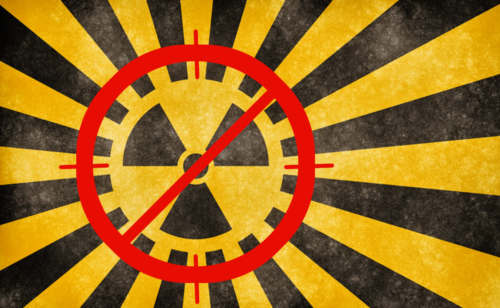
Understanding the New Nuclear Weapons Ban
Biological
- Weaponized and experimented with pathogens from 1934 to 1956
- Biological Weapons Act of 1974 banned biological weapon possession and deployment
- Currently maintains a biodefense program
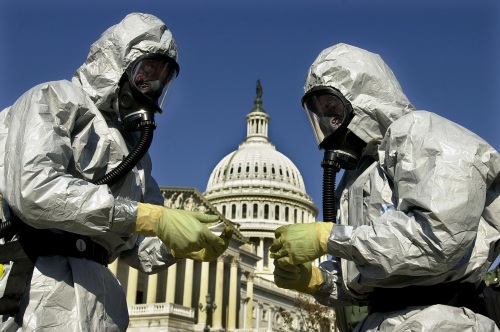
Tutorial on Biological Weapons Nonproliferation
United Kingdom Overview
Missile
- Each Vanguard-class SSBN fields up to 16 Trident II D5 submarine launched ballistic missiles (SLBMs)
- Developed military industry with expertise building different missile types
- Transferred Storm Shadow land-attack cruise missiles to Ukraine in 2023 for use in its war with Russia
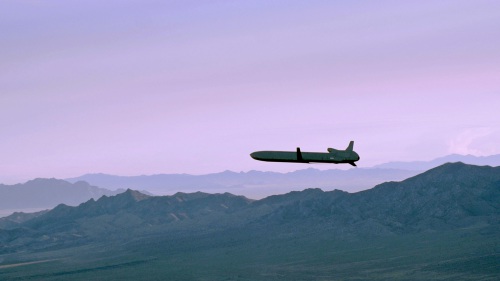
Tutorial on Missiles and Other WMD Delivery Systems
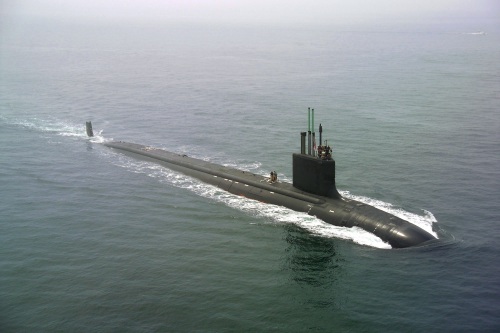
Overview of the Submarine Proliferation Resource Collection
Chemical
- Widespread use of chemical weapons in World War I
- Stockpiled phosgene, mustard gas, and lewisite during World War II
- Renounced and destroyed its chemical weapon program, beginning in 1958
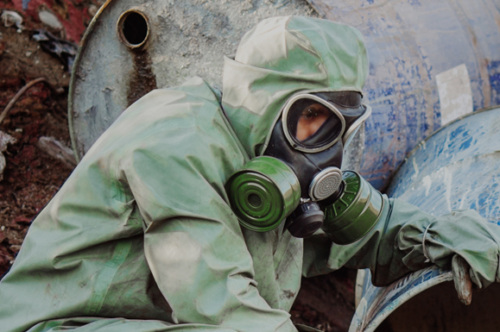
Tutorial on Chemical Weapons Nonproliferation

NTI Tutorials
Treaties and Regimes Memberships
- NTI
- CNS
Analysis
United Kingdom
Nuclear Disarmament United Kingdom
Information and analysis of nuclear weapons disarmament proposals and progress in the United Kingdom
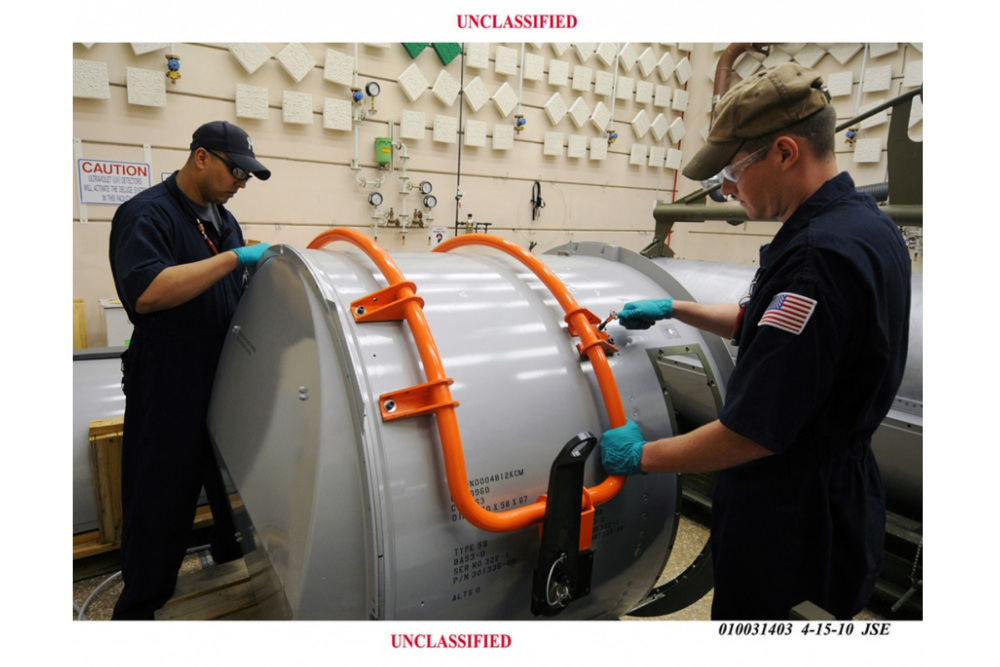
Overview of the Nuclear Disarmament Resource Collection
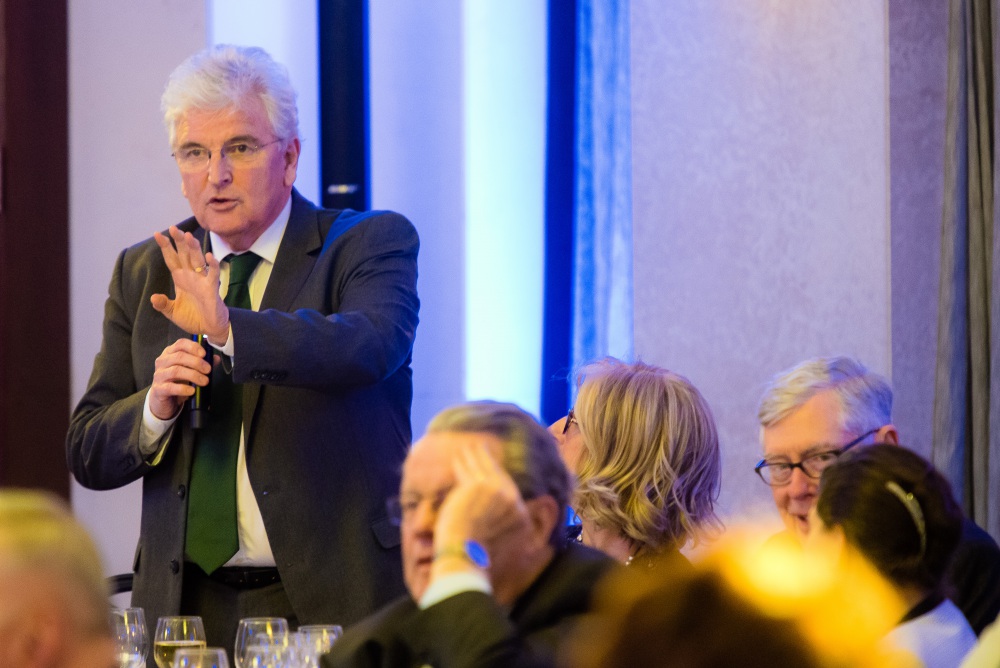
Q&A: Des Browne on the UK’s Decision to Increase the Cap on Nuclear Warheads

Education Center
